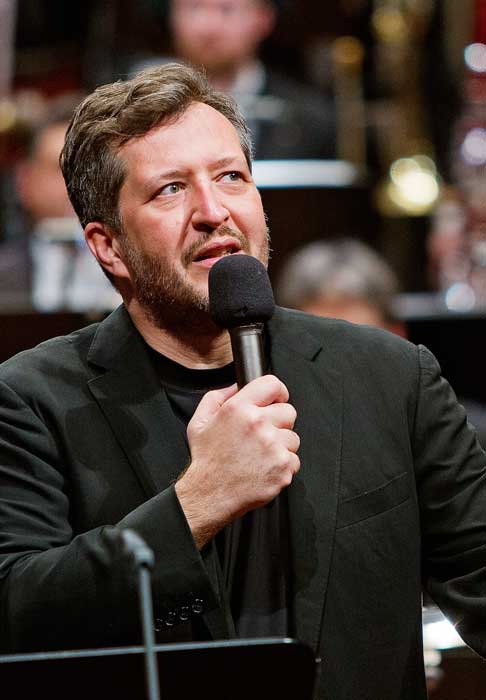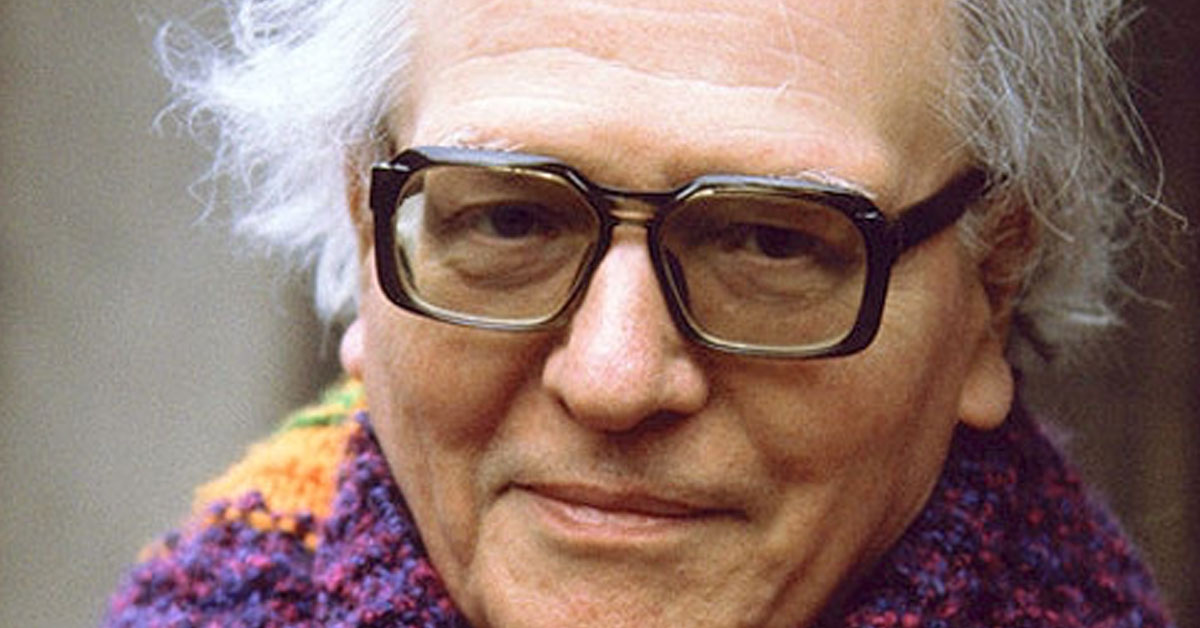léonie sonning music prize 1969
The programme
11 songs by Modest Mussorgsky, sung in Russian
Boris Christoff, song
Friedrich Gürtler, piano
citation
The prize was presented by Børge Friis, the Léonie Sonning Music Foundation’s chairman. In his speech he made the following comments: ‘There is almost no reasoning necessary in presenting the 1969 Sonning Prize to the greatest bass singer of our generation, who possesses a rare combination of vocal gifts and musicality, Boris Christoff. Out of 100 singers, 50 have the right technical training. Of these, there are 10 who also have the dramatic capabilities to act a role. Of those ten, there is one who can find the lyricism in the role, and Boris Christoff is one of them.’ He ended his speech by quoting Albert Schweitzer: ‘You can interpret music in three ways, with sense, with artistry and with love. Boris Christoff uses all three.’
In his speech of thanks, Christoff included the following words:
‘I am happy and proud to have this particular award. I have received many, but this one is one of the most important. I am happy because it connects me even more with the Danish population.’
Boris Christoff and Denmark
Christoff had performed in Copenhagen on several occasions in the 1960s. In 1966, he sang the title role in Mussorgsky’sBoris Godunov in three performances at the Royal Danish Opera. In 1967 he sang the role of King Philip in Verdi’s Don Carlos at an Italian opera guest performance at the Falconer Centre, and in 1968 he performed again at the centre, this time as a soloist at the hall’s tenth anniversary concert. After the prize concert in 1969, Christoff returned in 1971, when he gave two concerts with the Danish National Symphony Orchestra, one including opera arias and the other Verdi’s Requiem, conducted by Bruno Bartoletti.
In 1972, the Danish Broadcasting Corporation engaged Christoff in a role he had not previously sung, as King Saul in Carl Nielsen’s opera Saul og David. The opera was performed at a radio broadcast concert, conducted by Jascha Horenstein, and then released on record. Other cast members included soprano Elisabeth Söderström, tenor Alexander Young and bass Kim Borg. The concert took place on 27 March and was broadcast on the Danish Broadcasting Corporation’s P2 radio channel as well as being distributed outside Denmark via the European Broadcasting Union. The recording was released on the English label Unicorn-Kanchana and was the first ever commercially-released recording of a Nielsen opera.
The daily press wrote, among other things:
What a great artist Christoff is was apparent from more than the deep sound of his voice, and in its many considerable facets, as he projected images of the soul with intimacy and intensity, or turned a song into a scene with a one-man-show of high-level singing, culminating with Guignol. He has a register that ranges from the full-tones of a basso profundo to the sharp tenor of comic parody. He played on these abilities like a musician in the form of a world-class singer.
(Frede Schandorf, Politiken, 22 November 1969)
Not only does Boris Christoff have a wonderfully dense and ore-filled voice, he has a temperament and artistic mind that penetrate right into the marrow of the music he interprets. His character-dramatic abilities, as known from his dramatic work, also permeated the songs in which he recreated both Mussorgsky’s deep melancholy and his glimpse of sarcasm and irony, which can tear the black clouds of sorrow like lightning.
(Johannes Nørgård, Kristeligt Dagblad 24 November 1969)
Christoff is not just gripping in tragic mode; he can also find the devilish violence in a song like Hopak about the wench running from her husband and children to get out and dance. He can communicate a song so that the hall is infected with its unbridled joy. In the Seminarian’s song, in which he expresses his split loyalties between the dead Latin doctrine he is forced to study and the seductive life that surrounds him, Christoff recreated the playful character in front of all of us. He can also access the world of the child, as in the little song of the doll delivered in a gentle falsetto. Throughout he evening, he was accompanied at the highest artistic level by Friedrich Gürtler at the piano. And the audience applauded for two encores.
(Erik Stahl, Land og Folk, 23 November 1969)





